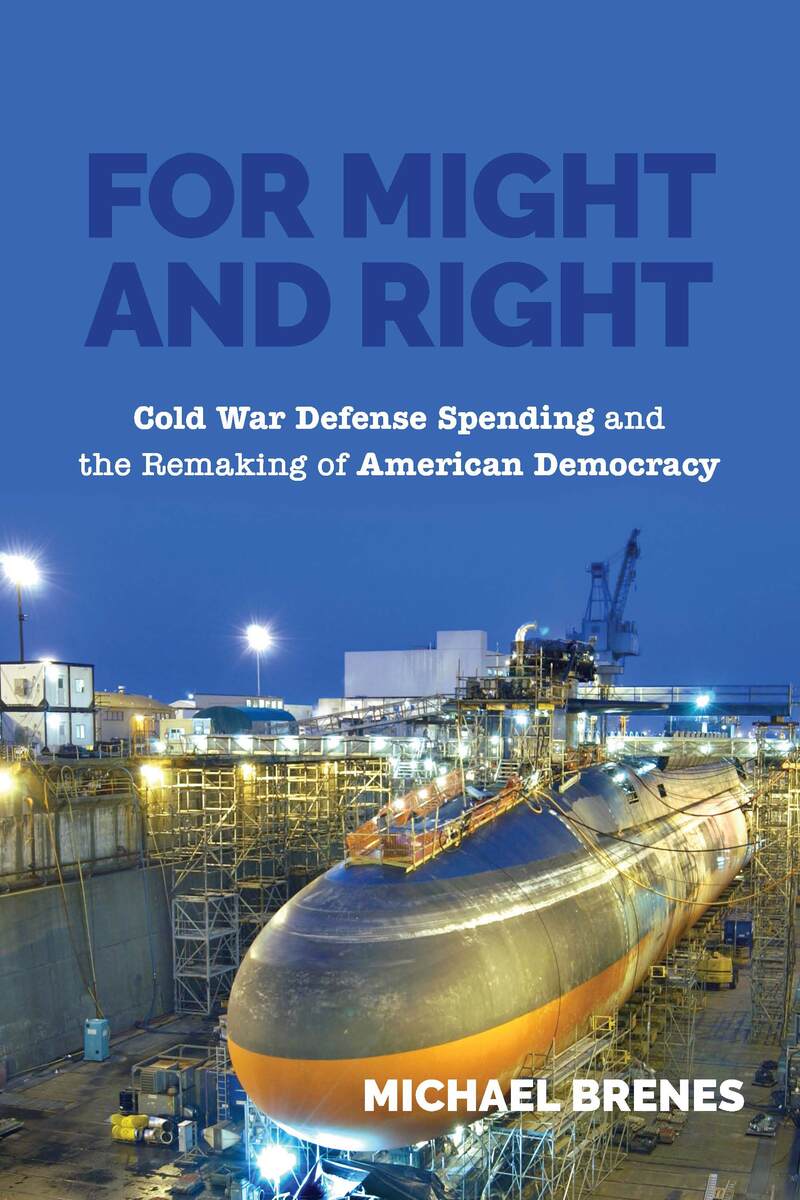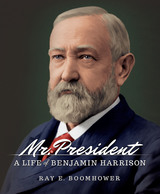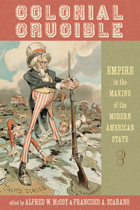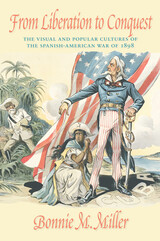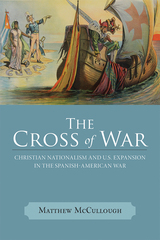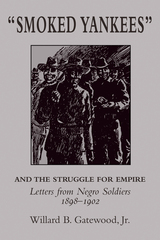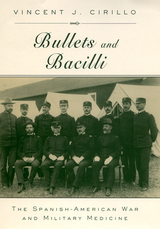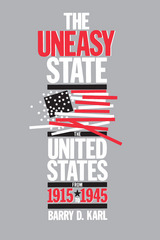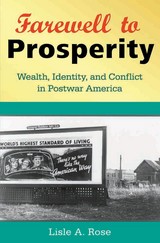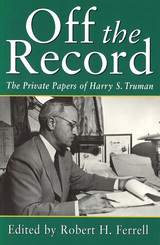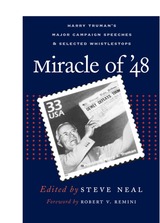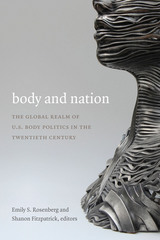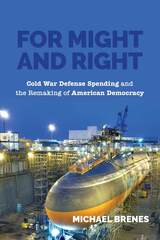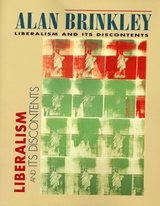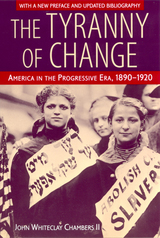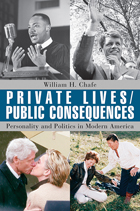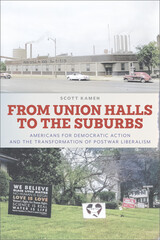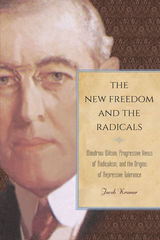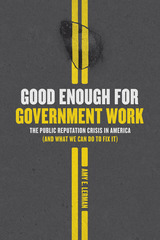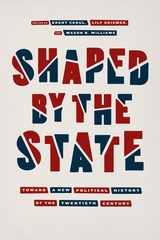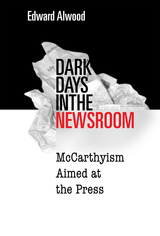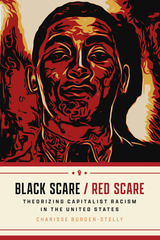For Might and Right: Cold War Defense Spending and the Remaking of American Democracy
University of Massachusetts Press, 2020
Cloth: 978-1-62534-521-9 | eISBN: 978-1-61376-772-6 | Paper: 978-1-62534-522-6
Library of Congress Classification E743.B733 2020
Dewey Decimal Classification 306.209320904
Cloth: 978-1-62534-521-9 | eISBN: 978-1-61376-772-6 | Paper: 978-1-62534-522-6
Library of Congress Classification E743.B733 2020
Dewey Decimal Classification 306.209320904
ABOUT THIS BOOK | AUTHOR BIOGRAPHY | REVIEWS | TOC
ABOUT THIS BOOK
How did the global Cold War influence American politics at home? For Might and Right traces the story of how Cold War defense spending remade participatory politics, producing a powerful and dynamic political coalition that reached across party lines. This "Cold War coalition" favored massive defense spending over social welfare programs, bringing together a diverse array of actors from across the nation, including defense workers, community boosters, military contractors, current and retired members of the armed services, activists, and politicians. Faced with neoliberal austerity and uncertainty surrounding America's foreign policy after the 1960s, increased military spending became a bipartisan solution to create jobs and stimulate economic growth, even in the absence of national security threats.
Using a rich array of archival sources, Michael Brenes draws important connections between economic inequality and American militarism that enhance our understanding of the Cold War's continued impact on American democracy and the resilience of the military-industrial complex, up to the age of Donald Trump.
Using a rich array of archival sources, Michael Brenes draws important connections between economic inequality and American militarism that enhance our understanding of the Cold War's continued impact on American democracy and the resilience of the military-industrial complex, up to the age of Donald Trump.
See other books on: 1945-1989 | Armed Forces | Cold War | Political participation | Right
See other titles from University of Massachusetts Press
